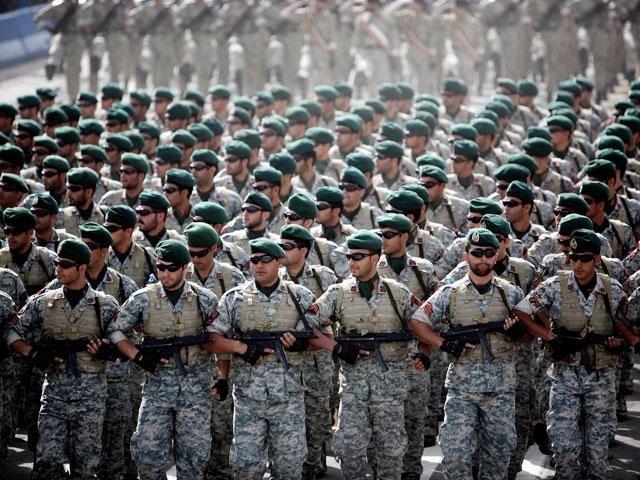Compulsory Military Service: Pros and Cons
May 11, 2015
There have been times throughout history where compulsory military service has been the law of the land. Through the experiences of the required draft and forced military service, we have learned that there are some advantages and disadvantages to mandating service. Many veterans say that their time in the military was rewarding and fulfilling. Others rarely speak of their mandated service. That means it becomes important to evaluate all of the pros and cons of this subject.
Compulsory service creates an adequate defensive force. When there is a draft in place, it allows a nation’s military to be able to adequately defend its interests. This means that there will always be enough trained soldiers to meet the demands of a conflict should one happen to start. Ultimately it sets up the foundation of keeping a nation and its citizens sufficiently protected.
It imposes a certain level of societal equality.
Because a vast majority of citizens in any nation are qualified for mandatory military service, the policy equalizes the social and financial status that any given household has. Everyone is called into service and everyone is taken to a theater of combat should it break out, whether they’re grossly rich or enduring crippling poverty.
It spurs higher numbers of volunteers. When there are mandatory enlistments happening, then more volunteers for long-term military service come forth. Many mandatory situations allow volunteers to choose the branch of the military where they wish to serve, something that most drafts or mandatory enlistments do not allow.
Compulsory service benefits also come with a multitude of problems. The quality of the military is ultimately compromised, as most people who enter into military service in a mandatory fashion are inexperienced in the ways of a solider and may provide a below-average ability in a combat scenario. Inexperience on the front lines often results in fatalities.
Those that oppose forced militaristic duty are conscientious objectors, or COs, an “individual who has claimed the right to refuse to perform military service on the grounds of freedom of thought, conscience, and/or religion.” Today, the two main criteria for classification as a conscientious objector are that the objector must be opposed to war in any form, and the objection must be sincere.
Two places that stand out for their different methods of enforcing compulsory service are Israel and Thailand.
All Israeli citizens are conscripted at age 18. Women are not inducted if they are married or pregnant. Israeli Arabs are exempt from conscription, although they may volunteer. Men are normally required to serve for 3 years and women for 2 years.
Studying in a Yeshiva(Torah study) might allow the postponement of the recruitment for six months, and after that, one might more easily be granted a postponement for an additional six months and so on, without any limitations, as long as the student continues his studies.
Citizens of the Kingdom of Thailand are subjected to a random draft lottery for males, starting at 21 years of age, for a Red or Black card. A Black card means you do not have to serve in the military and you can continue on with your life and your career, while a Red card means that you would have to serve. When there are insufficient men who have signed up, the draft lottery will decide the fate of the remaining male citizens. Only those not considered physically capable of service, the mentally ill and those who have significantly altered their physical appearance – such as transgenders, who are more visible in Thai society than in many other nations – are exempt. Students can defer while in full-time education. Buddhist monks are conscientious objectors and exempt from service due to conflict with pacifist belief among Buddhist holy men.
Compulsory military service has happened in the past simply because there was no other choice. For many nations of the world today, there is a choice. By weighing the pros and cons of this subject, each can decide if requiring their citizens take part in active time in the military is the right choice to mak










